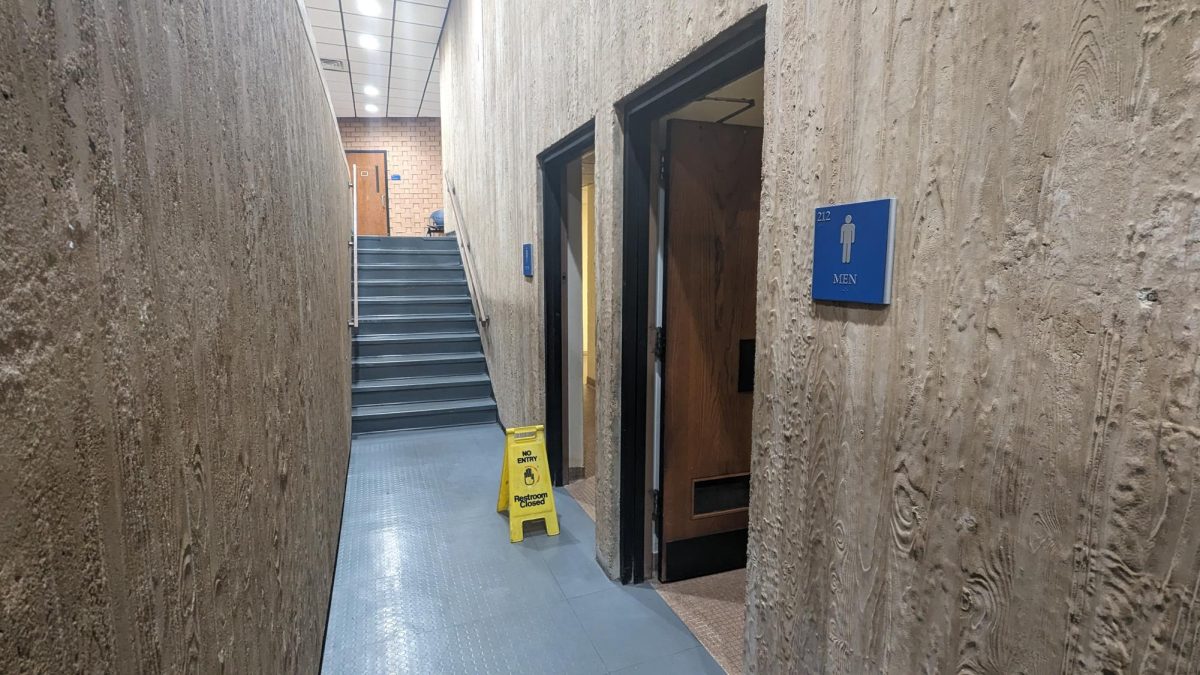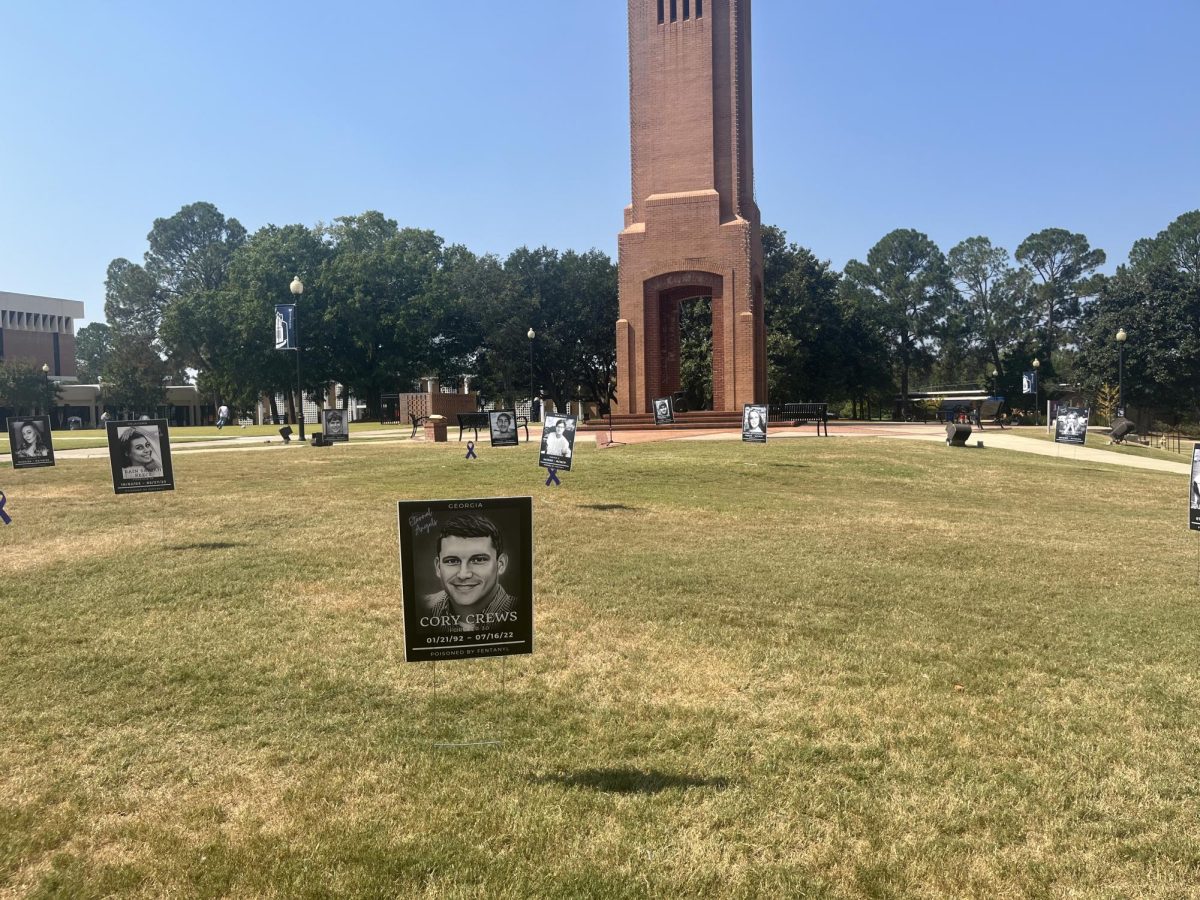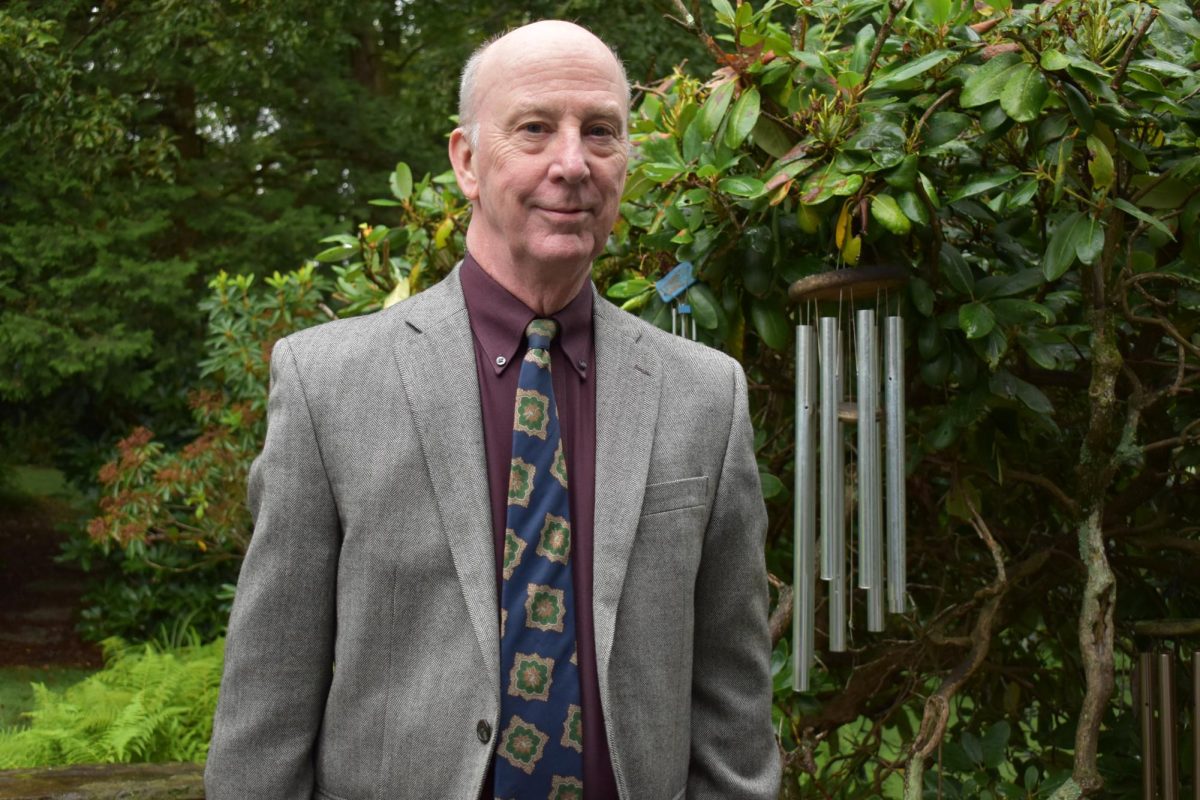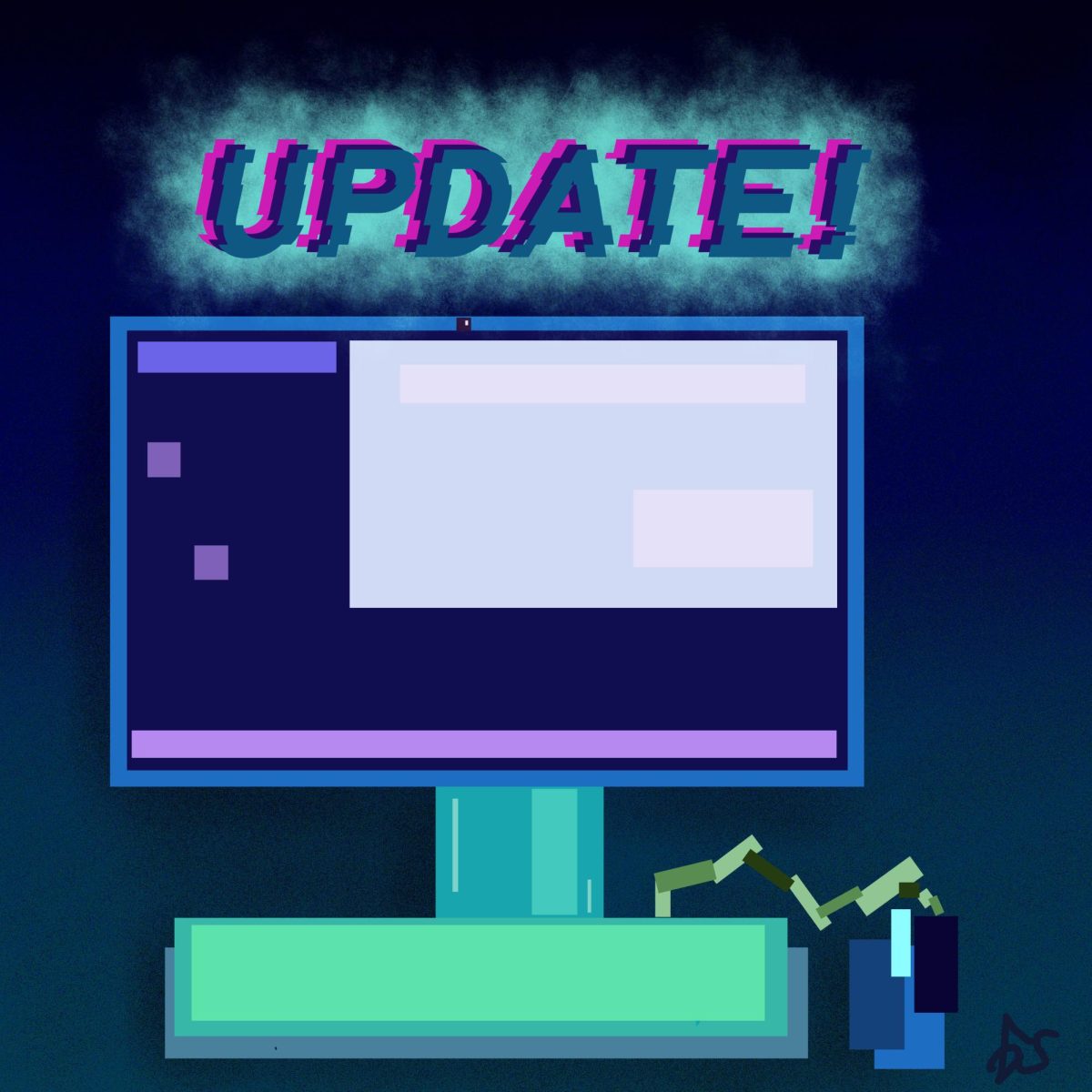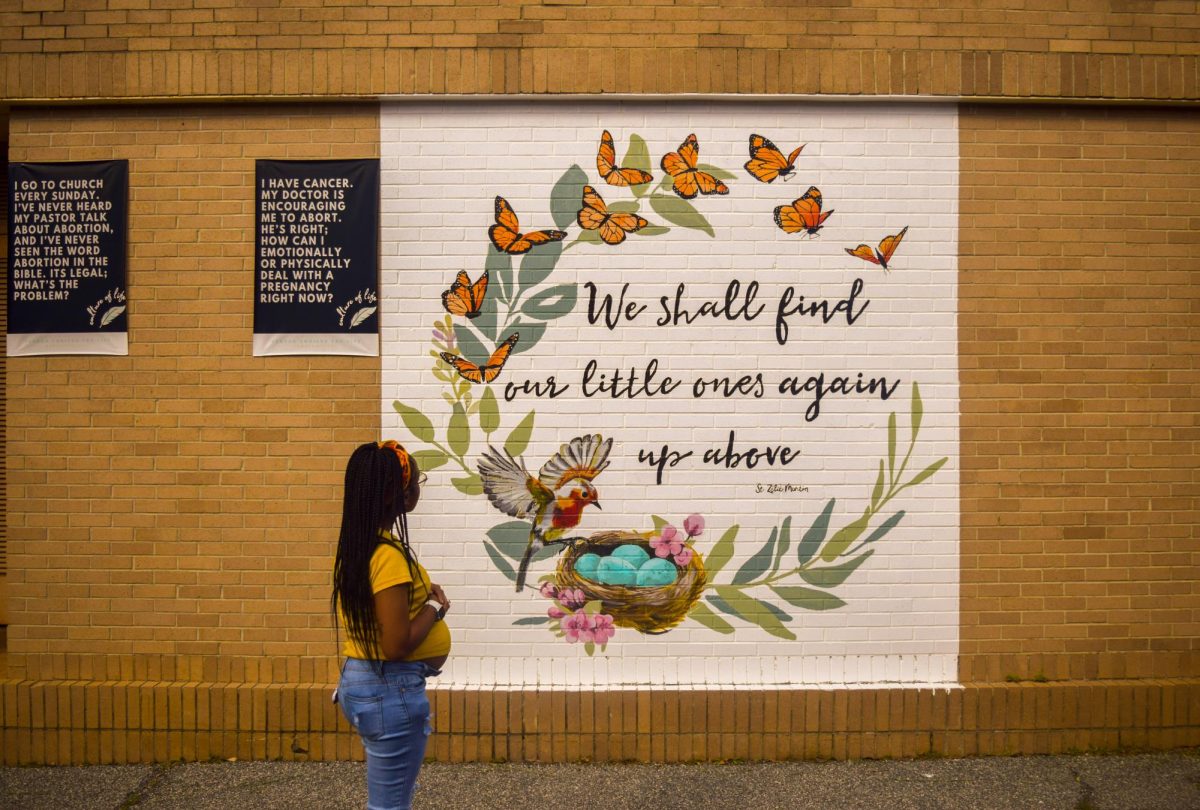
CSU’s most recently published operating budget, for fiscal year 2021, was $111,324,444. This was a reduction of $8.1 million dollars from the previous year 2020. State budget cuts for higher education and decreased enrollment were the main causes of the reduction.
In 2021, the Center for Accommodations and Access was allocated $254,554, or 0.229%, of the school’s total operating budget. This is a slight increase from its 2020 budget of $250,135.
The major budget cut for the Center for Accommodations and Access was to the funding for sign language interpreters. This funding was reduced by $40,000.
The majority of the Center’s budget went towards personal services — that is, salaries and benefits for employees. The Center’s budget for personal services was increased by around $9,000, while its operating supplies and equipment budgets were cut by around $5,000.
The median salary for Center employees was $35,568, which is above the median income in Columbus of $30,980 but below the nationwide median of $41,261.
On the other hand, the Counseling Center’s operating budget was decreased from $462,137 in 2020 to $430,959 in 2021. This amounts to about 0.387% of CSU’s total operating budget. This was done mainly through the removal of a vacant clerical position with a salary of $30,564.
The median salary for Counseling Center employees was $58,401, above the nationwide median income.
Individual employees’ salaries were not reduced amid the budget cuts. However, filled positions also received no salary increases for 2021.
Monetary concerns around accessibility can be found outside of the Center for Accommodations and Access.
According to CSU’s 2021 Facilities Master Plan, students, faculty, and staff on both campuses noted a need to improve indoor and outdoor accessibility. Stanley Hall is one building with accessibility issues. Built in 1974, its layout heavily relies on stairs. Because of this, the building’s bathrooms and parts of its lecture halls are not accessible, which limits usefulness according to the Master Plan.
In the Fall 2019 semester — the last semester whose scheduling was not affected by COVID-19 — each of its lecture halls were used for an average of 21.4 hours per week, well below the University System of Georgia’s target range of 30 to 40 hours per week.
Renovation costs to address the building’s issues, including accessibility concerns, are estimated at $4,800,000.
On Riverpark Campus, the Yancey Center at One Arsenal Place is an area of concern for accessibility.
The 174-year-old building, a former cannon foundry, contains classrooms, offices, and dorms, but its outdoor elevators, narrow hallways, and landscaped courtyard are not designed to current accessibility standards.
The building’s formal entrance on Front Street is also inaccessible because of unnecessary stairs on the sidewalk.
The total estimated cost of repairs and renovations is $7,227,000, a price which is not eligible for state funding as opposed to other inaccessible buildings.
Even CSU’s Davidson Student Center is not fully up to accessibility standards: some of its restrooms were constructed before ADA compliance was required.
The proposed renovation to address this and other issues has a cost estimate of $4,950,000.
Stanley Hall, the Health & Wellness Building, Shannon Hall, Jordan Hall, Illges Hall, and the Command College were listed as targets for restroom renovations to improve accessibility. This includes layout changes and new ADA-compliant plumbing fixtures.
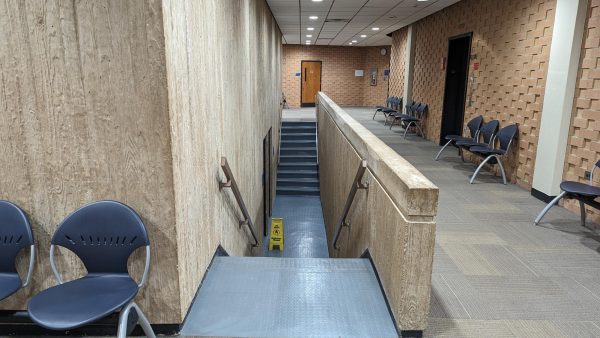
Accessibility concerns were also noted around the Main Campus landscape.
In multiple locations, pathways and stairs are not up to ADA requirements. Trees have grown into some paved pathways on the south side of campus, acting as obstacles for pedestrians. Sidewalks are also needed in some areas, such as underneath the pedestrian bridge and through large parking lots.
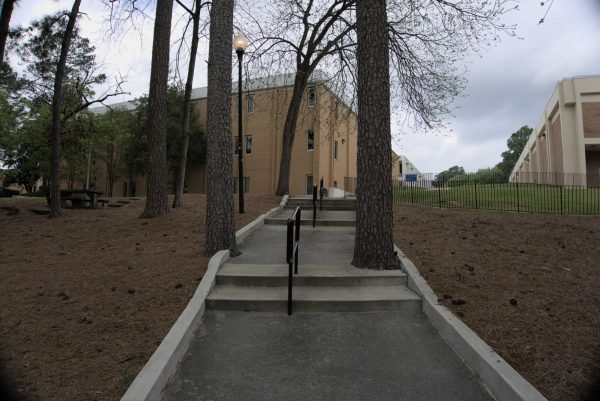
These accessibility issues and the renovations needed to improve them will be important factors in CSU’s operating budgets over the coming years.



